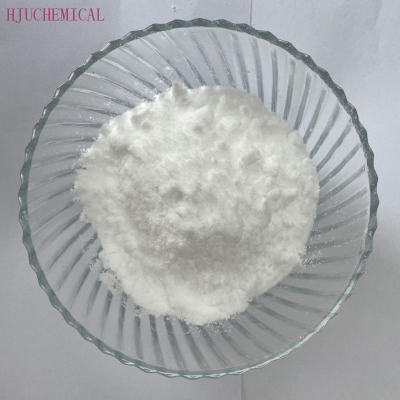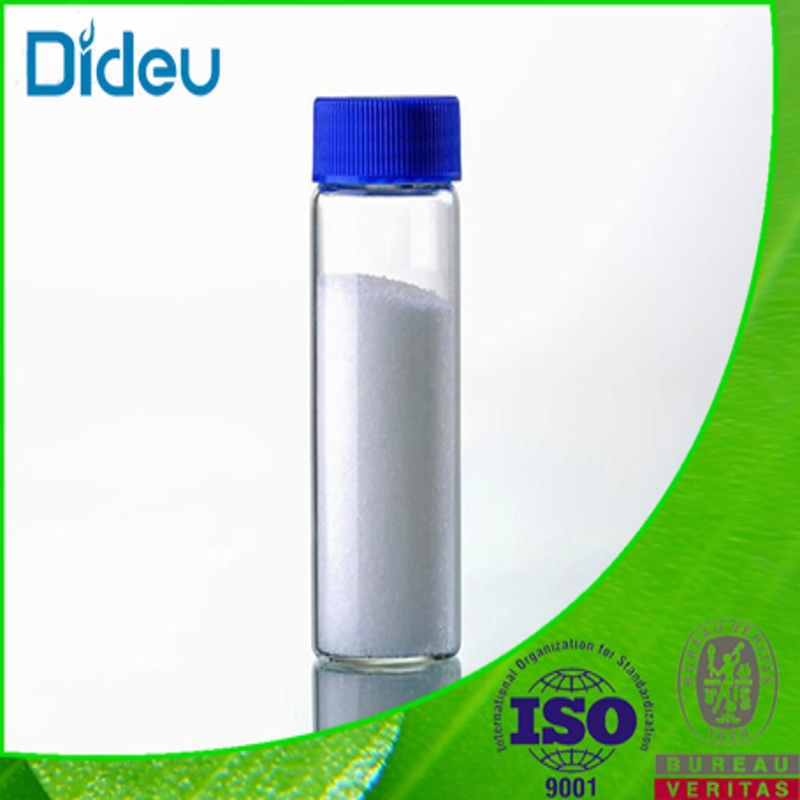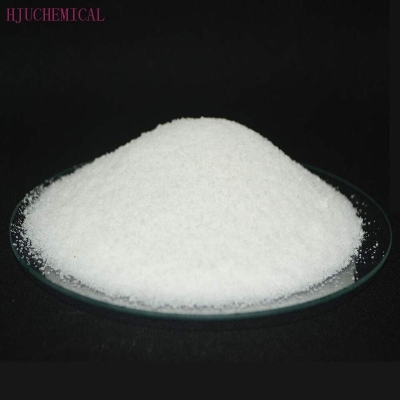-
Categories
-
Pharmaceutical Intermediates
-
Active Pharmaceutical Ingredients
-
Food Additives
- Industrial Coatings
- Agrochemicals
- Dyes and Pigments
- Surfactant
- Flavors and Fragrances
- Chemical Reagents
- Catalyst and Auxiliary
- Natural Products
- Inorganic Chemistry
-
Organic Chemistry
-
Biochemical Engineering
- Analytical Chemistry
- Cosmetic Ingredient
-
Pharmaceutical Intermediates
Promotion
ECHEMI Mall
Wholesale
Weekly Price
Exhibition
News
-
Trade Service
It was learned from the State Key Laboratory of Heavy Oil of China University of Petroleum (East China) that the new propane/butane dehydrogenation (ADHO) technology developed by the laboratory and designed by the East China Design Branch of China Petroleum Engineering and Construction Company was approved by Shandong Hengyuan Petroleum.
The industrialization test of the Chemical Co.
, Ltd.
was successful
.
This alkane dehydrogenation technology, which has been studied with great concentration for seven years, has filled the domestic gap
.
It is understood that China has relatively abundant liquefied petroleum gas.
The liquefied petroleum gas is mainly composed of propane, n-butane and isobutane.
Dehydrogenation of alkanes to olefins can not only increase the high added value of products, and reduce the effect of olefin production on the cracking process.
It can also by-produce hydrogen with higher added value and improve the level of comprehensive utilization of oil and gas resources
.
At present, China's propane and isobutane dehydrogenation technologies are all imported from abroad.
In industry, the catalysts used in propane and isobutane dehydrogenation devices are generally supported precious metal platinum or toxic chromium catalysts.
Platinum catalysts are expensive and raw materials Deep purification is required, and the use of chromium-based catalysts has serious environmental problems
.
The development of environmentally friendly non-precious metal catalysts has always been a technical problem for propane/butane dehydrogenation
.
In order to solve this problem, Li Chunyi's research group, a professor at the State Key Laboratory of Heavy Oil, China University of Petroleum (East China), has successfully developed a non-toxic and non-corrosive non-precious metal oxide catalyst after seven years of painstaking research, and developed supporting facilities for it.
The high-efficiency circulating fluidized bed reactor successfully realized the dehydrogenation reaction and the continuous catalyst coking regeneration
.
The industrialization test results of Shandong Hengyuan Petrochemical Co.
, Ltd.
show that the single-pass conversion rate of alkanes, the yield and selectivity of olefins are equivalent to the more imported Russian technology in China, filling the gap in this technical field in China
.
The industrialization test of the Chemical Co.
, Ltd.
was successful
.
This alkane dehydrogenation technology, which has been studied with great concentration for seven years, has filled the domestic gap
.
It is understood that China has relatively abundant liquefied petroleum gas.
The liquefied petroleum gas is mainly composed of propane, n-butane and isobutane.
Dehydrogenation of alkanes to olefins can not only increase the high added value of products, and reduce the effect of olefin production on the cracking process.
It can also by-produce hydrogen with higher added value and improve the level of comprehensive utilization of oil and gas resources
.
At present, China's propane and isobutane dehydrogenation technologies are all imported from abroad.
In industry, the catalysts used in propane and isobutane dehydrogenation devices are generally supported precious metal platinum or toxic chromium catalysts.
Platinum catalysts are expensive and raw materials Deep purification is required, and the use of chromium-based catalysts has serious environmental problems
.
The development of environmentally friendly non-precious metal catalysts has always been a technical problem for propane/butane dehydrogenation
.
In order to solve this problem, Li Chunyi's research group, a professor at the State Key Laboratory of Heavy Oil, China University of Petroleum (East China), has successfully developed a non-toxic and non-corrosive non-precious metal oxide catalyst after seven years of painstaking research, and developed supporting facilities for it.
The high-efficiency circulating fluidized bed reactor successfully realized the dehydrogenation reaction and the continuous catalyst coking regeneration
.
The industrialization test results of Shandong Hengyuan Petrochemical Co.
, Ltd.
show that the single-pass conversion rate of alkanes, the yield and selectivity of olefins are equivalent to the more imported Russian technology in China, filling the gap in this technical field in China
.







